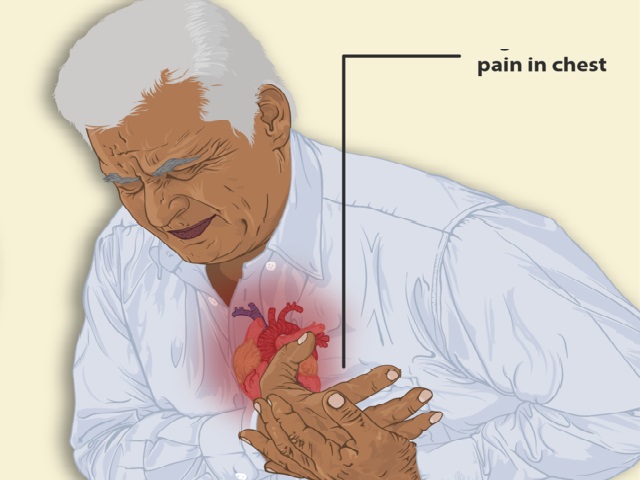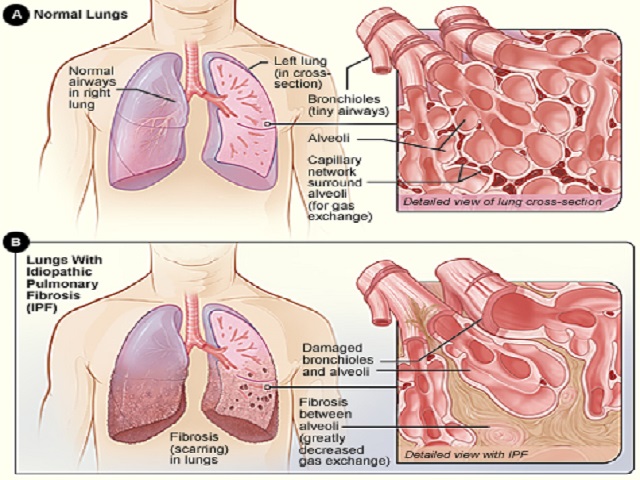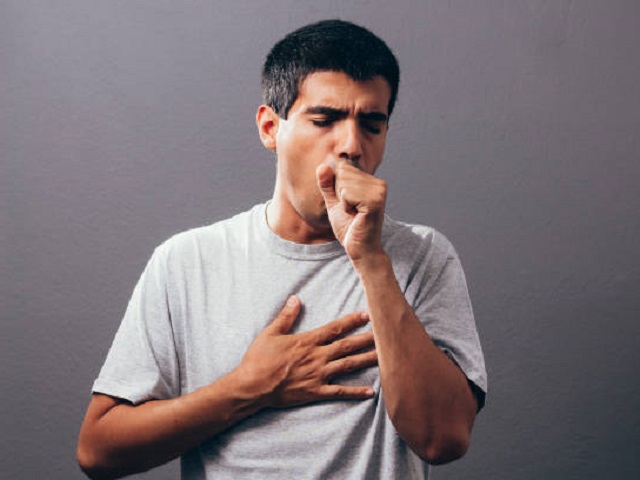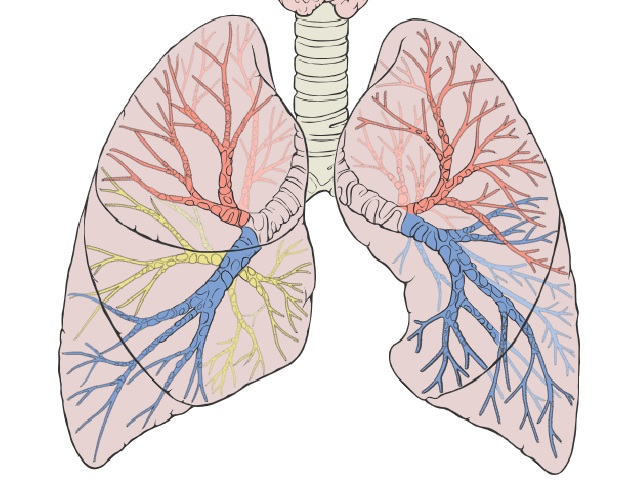7 Signs You May Have Pulmonary Hypertension -- Symptoms, Causes, Effects, Treatment and Prevention
Image by https://www.myupchar.com/en, CC BY-SA 4.0, via Wikimedia Commons
Pulmonary hypertension (PH) is a chronic and progressive condition characterized by high blood pressure in the pulmonary arteries, which supply blood from the heart to the lungs. This increased pressure puts a strain on the heart and can lead to various complications. Pulmonary hypertension can be categorized into different groups based on the underlying cause and is often associated with narrowing or blockage of the pulmonary arteries.
Symptoms of Pulmonary Hypertension:
The symptoms of pulmonary hypertension may include:
- Shortness of breath, especially during physical activity
- Fatigue and weakness
- Chest pain or pressure
- Rapid heartbeat or palpitations
- Dizziness or fainting spells
- Bluish lips or skin (cyanosis)
- Swelling in the legs, ankles, or abdomen (edema)
Diagnosis of Pulmonary Hypertension:
To diagnose pulmonary hypertension, healthcare professionals may employ several methods, including:
- Medical history and physical examination: The doctor will inquire about symptoms, medical history, and perform a physical examination to assess the heart and lungs.
- Echocardiogram: This ultrasound test creates images of the heart to evaluate its structure and function, including the measurement of pulmonary artery pressure.
- Right heart catheterization: A thin tube is inserted into a blood vessel and advanced into the heart to measure the pressures in the pulmonary arteries and assess the severity of the condition.
- Pulmonary function tests: These tests assess lung function and help evaluate the impact of pulmonary hypertension on respiratory function.
Causes of Pulmonary Hypertension:
Pulmonary hypertension can have various causes, including:
- Idiopathic: In some cases, the cause of pulmonary hypertension is unknown (idiopathic).
- Genetics: Certain genetic mutations can predispose individuals to develop pulmonary hypertension.
- Underlying medical conditions: Pulmonary hypertension can occur as a complication of other medical conditions such as heart and lung diseases, connective tissue disorders, liver disease, and certain blood disorders.
- Environmental factors: Exposure to certain drugs and toxins, such as appetite suppressants and illicit drugs, can contribute to the development of pulmonary hypertension.
Effects of Pulmonary Hypertension:
If left untreated, pulmonary hypertension can lead to several complications and adverse effects, including:
- Right-sided heart failure: The increased pressure in the pulmonary arteries strains the right side of the heart, leading to its enlargement and weakening over time.
- Decreased exercise tolerance: As the disease progresses, individuals may experience reduced physical stamina and limitations in daily activities.
- Pulmonary embolism: The risk of blood clots in the lungs increases, leading to potentially life-threatening complications.
- Arrhythmias: Pulmonary hypertension can disrupt the heart's electrical system, causing irregular heart rhythms.
- Fluid accumulation: The increased pressure in the blood vessels can cause fluid to leak into the surrounding tissues, leading to edema and swelling.
Treatment of Pulmonary Hypertension:
The treatment of pulmonary hypertension aims to manage symptoms, slow disease progression, and improve quality of life. Treatment options may include:
- Medications: Various drugs, including vasodilators, endothelin receptor antagonists, and prostacyclin analogs, may be prescribed to reduce pulmonary artery pressure and improve blood flow.
- Oxygen therapy: Supplemental oxygen may be provided to improve oxygen levels in the blood.
- Pulmonary rehabilitation: A comprehensive program that includes exercise, breathing exercises, and lifestyle modifications to enhance physical well-being.
- Surgical procedures: In certain cases, surgical interventions such as atrial septostomy or lung transplantation may be considered for advanced stages of pulmonary hypertension.
Prevention of Pulmonary Hypertension:
While some risk factors for pulmonary hypertension, such as genetic predisposition or underlying medical conditions, cannot be prevented, there are measures that can promote heart and lung health:
- Maintain a healthy lifestyle: Adopting a balanced diet, engaging in regular exercise, avoiding smoking and excessive alcohol consumption, and managing stress can contribute to overall cardiovascular health.
- Early detection and management of underlying conditions: Prompt diagnosis and treatment of conditions such as heart and lung diseases, connective tissue disorders, and liver disease can help prevent the development or progression of pulmonary hypertension.
It is important to consult with healthcare professionals for a comprehensive evaluation, accurate diagnosis, and appropriate management of pulmonary hypertension.
References:
National Heart, Lung, and Blood Institute. (2021). Pulmonary Hypertension. Retrieved from https://www.nhlbi.nih.gov/health-topics/pulmonary-hypertension


















